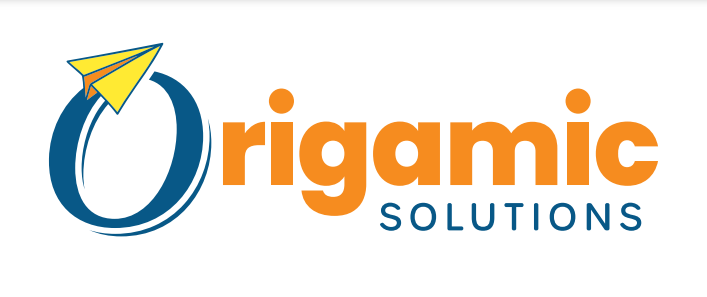Develop and Delegate to Grow Your Business
Growing your business is a journey that will take time and intentionality. The ability to develop your team and internally promote employees versus solely relying upon external hiring practices can be a game changer for growing small and mid-size businesses. It is important to have a structured approach to growth within your business for your team. A long-term growth strategy is a determining factor for many job seekers and acts as a natural, mutually beneficial retention practice. Your business can only grow to the limits of your team. Having the capacity for team members to take on new roles, expand their reach and ultimately the company’s ability to deliver, leads to a successful, scalable business.
Create A Structured Growth Plan
Growth, both professional and personal, is not achieved overnight. As a business owner, you hold the responsibility of creating opportunities for your team to develop. Cultivating a growth-oriented culture will generate enthusiasm and commitment among employees. When employees are aware that their professional development is a priority, it motivates them to advance and fosters accountability in their daily tasks.
The key questions to ask yourself when creating a growth plan, or career progression plan, are:
- What are the needs of the business?
- What roles/skills can help fulfill these needs?
- What can I do to help develop these skills?
- What external resources can I make available to develop these skills?
Once established, a structured progression can be established that will include estimated time to develop the skills, demonstrated skills sets and metrics to show that an individual is meeting expectations.
Developing Your Team
Developing team members begins with aligning their personal goals and skills with the needs of the business. If there is no alignment, team members will begin to feel that their progression in the company is being “forced”, leading to burnout, dissociation and potentially their exit from the company. When there is alignment, it can revitalize individuals as they grow their skills and take on new challenges.
When developing your team members, it’s important to remember that there are three stages to one’s development:
Observation
It is important to not only be able to provide documentation about how to complete a process, but to be able to show someone how it is done. People tend to learn better when they are exposed to various teaching styles. Observing a subject matter expert allows people to really grasp concepts and see the real work that goes into their new role.
Training
Training, in the sense of development, is more like a supervision period. The team member possesses knowledge regarding the new tasks and responsibilities but may require occasional guidance. The subject matter expert should be available for collaborative working sessions to provide answers and support while the individual new to the role is actively engaged in their work.
While in the training phase, we need to keep in mind the different stages of learning someone will inevitably go through:
Phase 1: Excitement
- Someone taking on a new challenge, starting a new role or learning a new skill will start off with sheer excitement. Their skill set hasn’t developed yet but will soon follow.
Phase 2: Frustration
- As the excitement of a new role or developing new skills wears off, frustration sets in. People notice that their skills aren’t up to par, despite their best efforts. Team members genuinely want to do a good job and sometimes expect those results to come to fruition sooner rather than later.
Phase 3: Competency
- Some time has passed, and the frustration has subsided, so there is progress being made. People tend to start to see results and their excitement level is back on the rise.
Phase 4: Mastery
- A person in this phase has gotten to the point where no supervision is required and they can execute their new responsibilities in a timely and consistent manner.
Delegation
Once mastering a skill, delegating tasks in their entirety is when real development takes place. Delegation for a business owner is tough at first, but a necessary step in scaling your business. You move from a “I do it the best so I have to do it all” mentality to a “We can do this together” mentality. Being able to trust someone’s ability to execute without supervision is a feeling of relief for business owners. Not only does that ensure that things can operate smoothly, but it eliminates the dependency of you as the business owner on being involved in everything. Having that freedom allows you to spend your time on more revenue generating activities, strategic planning and overall business management.
Continuous Learning
Development is not a one-and-done task. Whether learning new skills, advancing in your career, there are always ways to improve. We strongly encourage the implementation of a continuous learning platform that you can make accessible to your team. Topics can include personal development, industry specific knowledge or even personal hobbies your team can enjoy!
The process of growing your business and your team is one that can take time. We strongly encourage the delegation of tasks to empower your employees within the company. As your team becomes more involved with the business, you will see your capabilities and reach start to grow. Ensure alignment with your values and mission to create a fulfilling and meaningful partnership with your team members.

.png?width=352&name=New%20Website%20Instagram%20Post%20(8).png)
